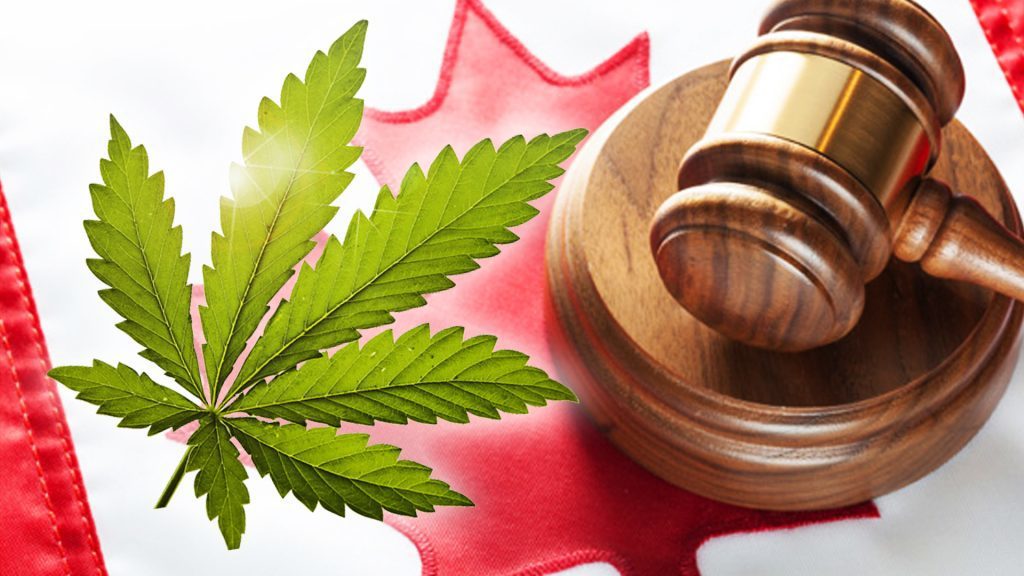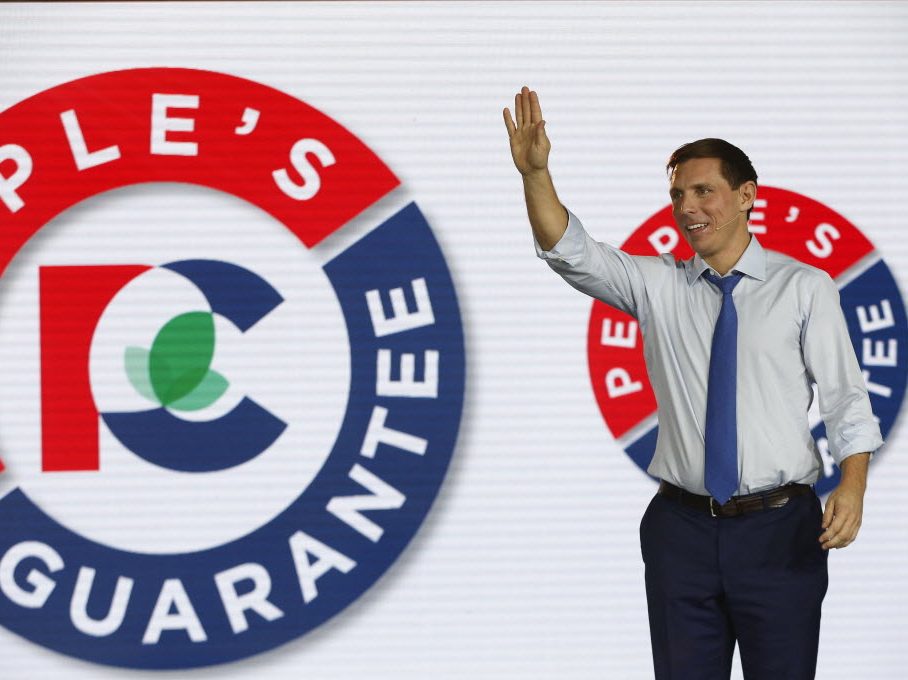A trite Canadian truism you hear from time to time is that while the United States was founded to be a deeply decentralized country, with maximum self-government powers afforded to its states, and ultra-centralized Canada the opposite, in modern times, these fates have ironically reversed. Canada, they say, now has provinces far stronger than American states.
Proponents of this line of argument tend to focus on money. Canadian provincial governments represent a much larger chunk of overall government spending than state governments do in America, though provincial governments also receive far more federal subsidies for this spending than their American counterparts. In terms of self-determination, however, that is, the right of sub-national governments to craft laws that reflect different priorities from the federal government, and indeed, one another — what Americans sometimes call the "laboratories of democracy" idea — there is little contest. States like Kentucky and Vermont take far more serious their right to diverge on a policy level, than, say, Alberta and Ontario.
For a revealing contemporary case study of North American federalism, consider the effort to legalize marijuana, a crusade both the United States and Canada are embarking upon at the moment.
In both the United States and Canada, narcotics are regulated by federal law, and in both countries marijuana is listed as a dangerous, banned substance. Yet because American states hold a constitutional power Canadian provinces do not — the ability to pass criminal law — America has long been a patchwork of differing pot laws, with standards of decriminalization, medical use allowance, and now legalization, varying wildly from state to state.
To be sure, the contradiction between America's federal and state drug laws has provoked anxiety among legalization's champions, who fear a Washington crackdown. President Obama's justice department quelled much of this by essentially choosing to let state law supersede. The new Republican attorney general, Jeff Sessions, has been said to favor reversing course, though he is restrained by the ideology of his party, which has an official disposition of standoffishness when it comes to self-determination of the states.
In Canada, by contrast, an absence of criminal powers for the provinces has kept pot an exclusively national concern, and with it, a far more one-size-fits-all mentality. In contrast to America, all recent Canadian marijuana policy — the decision to allow its use as medicine, the authorization of private medicinal clinics, and now full-scale legalization — was decreed top-down by the feds.
A glimmer of opportunity for the Canadian system comes from our constitution's broad grant of authority to the provinces to regulate the sale of commercial goods. This is the root of Canada's famously inconsistent liquor laws, in which the differing rules for where, when, and how you can buy booze reflect different paths taken by provincial governments in the post-prohibition era.
Since then, however, Canadian federalism has become disinterested in such creativity, a fact which reflects not only the provinces' increasing subservience to Ottawa at a legal level, but an ideological one, too.
If there is a premier in Canada Liberal, Conservative, or New Democrat — who has any real aversion to Prime Minister Trudeau's marquee initiative to legalize marijuana, they've shown scant sign of it. In their public statements and acts, all have obediently swallowed the premise that legal pot is a legitimate initiative of the federal government which they are obliged to respectfully implement in the most helpful fashion they can muster.
Groupthink within the Canadian political class, in turn, dictates that legal pot should be sold by the state — a recent National Post survey reveals that of the provinces that have articulated plans to date, all but Alberta seem to be in favor of government monopolies, at either the wholesale or retail level, controlling the drug's distribution to the public. This is in sync with the other unchallenged consensus that pot sales must generate government revenue — Minister Morneau recently agreed to a 75-25 provincial/federal split — which implies government's commercial interest in pot's sale and consumption.
This, however, grinds against the other universally shared assumption that pot is vaguely dangerous in some way, and should thus be demonized through expensive government propaganda, with the permissible place, time, and manner of sale subject to elaborate regulation to discourage irresponsible consumption (and presumably alleviate the guilty consciences of the lawmaker community).
Whether there will be any actual enforcement of these costly new regulations seems an open question; for years Canada's provincial governments have turned a blind eye to vast amounts of illegal cannabis sales in their largest cities — including brazenly illegal storefronts — on the grounds that conventional wisdom declares persecution of pot dealers passé.
Among outside observers, in the press and elsewhere, there seems to be a slowly solidifying consensus that Canada's legalization of marijuana is being systemically botched, subordinate to all the stereotypical predispositions of waste, redundancy, contradiction, and inefficiency to which the bloated dopey beast of government is inclined. In theory, no provincial pol desires this, but the lack of any strong voice of dissent evokes Jerry Harvey's concept of the Abilene Paradox, in which a bunch of people too timid to think for themselves passively go along with what they assume to be the settled consensus of the larger group — even though individually, each member of said group privately holds deep reservations.
A few years from now, as we survey the aftermath of legalized marijuana in Canada, which will almost certainly have achieved none of its stated goals but exacerbated many of the problems it was supposed to solve, there will be plenty of blame to go around. Begin with the sad decline of Canadian federalism.
Written by J.J. McCullough







